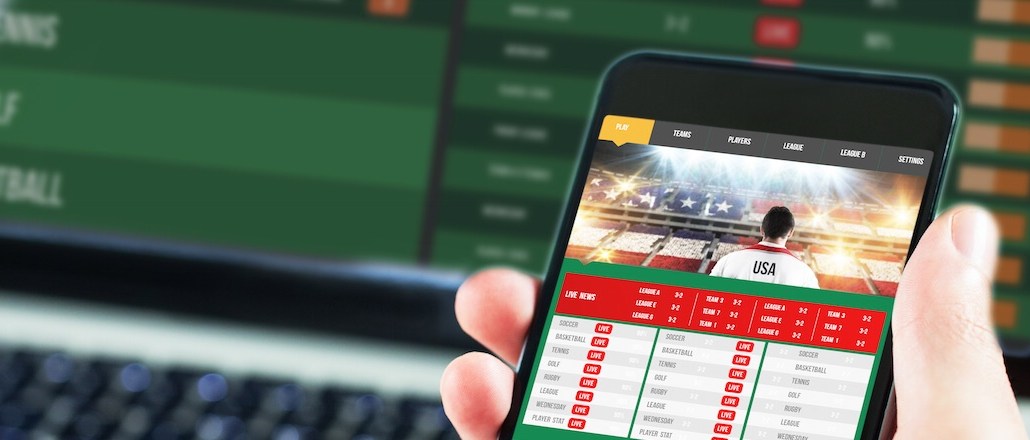Secure your place at the Digiday Media Buying Summit in Nashville, March 2-4
DraftKings, FanDuel’s self-regulation model is ‘probably gone’ following scandal

FanDuel and DraftKings are battling it out for fantasy sports supremacy, but both are going on the defensive today after it was reported that an employee was using information not publicly available to bet on the other site, resulting in hundreds of thousands of dollars in winnings.
Late Monday, the New York Times revealed that a DraftKings employee admitted to “inadvertently releasing data” last week and winning $350,000 on its competitor, FanDuel. It sparked a tidal wave of criticism that what the employee did was similar to insider trading and raised questions over whether the blossoming online fantasy industry should be placed under government regulations.
In an unusual circumstance, the two venture-backed companies released a joint statement defending their practices from the allegations of insider trading, claiming that there is “no evidence that any employee or company has violated these rules.” Both websites have banned its employees from using the others.
Here’s the full statement:
Statement from @FanDuel, banning employees from playing daily fantasy: pic.twitter.com/5GngKeQKsn
— Carl Quintanilla (@carlquintanilla) October 6, 2015
DraftKings has enjoyed a meteoric rise, recently raising $300 million to a valuation of $1.2 billion. Meanwhile, FanDuel also recently announced a $257 million funding round from backers like Google and Time Warner, valuing it closer to $1 billion.
To the average television viewer, both brands are seemingly inescapable because both are spending millions on advertising, essentially blanketing the airwaves all weekend long. Consumer sentiment is also high (even if they hate the commercials), so now’s not the ideal time in the company’s’ eyes to be dinged with these accusations.
Fantasy sports websites, including FanDuel, DraftKings and Yahoo currently exist in a gray legal area. Betting on real sports is banned. But under the 2006 Unlawful Internet Gambling Enforcement Act, 45 states allow this type of activity because it’s “deemed a game of skill” and not games of chance.
Yet, it’s still betting, many politicians and observers say. Rep Frank Pallone Jr., a Democrat from New Jersey, requested a congressional hearing to examine the relationship between fantasy sports and gambling.
“I really think if they had to justify themselves at a hearing they wouldn’t be able to,” Pallone told the Times, which will likely happen sooner rather than later in light of yesterday’s revelation.
Dustin Gouker, a reporter for fantasy sports industry website Legal Sports Report, told Digiday that he would be “shocked” if the hearing didn’t happen soon.
While he doesn’t think the bubble has yet popped, much to the chagrin of weary television watchers, the days of this “self-regulated model are probably gone.”
“DraftKings and FanDuel have to focus on damage control and lobbying, two things that aren’t conducive to scaling your business at the same time,” he said, adding that major publications are only going to dig in further to assess the mess.
Image via Shutterstock.
More in Marketing

Pitch deck: Why Amazon believes its premium streaming inventory is worth the money
Amazon is pitching its DSP to make the case.

In Graphic Detail: The state of the marketing agency sector
Revenue figures from Omnicom, Publicis and Havas, and new employment stats, offer a snapshot on a quickly evolving industry.

Future of Marketing Briefing: The mental gymnastics of principal media
Welcome to the psychological CrossFit class of modern marketing. Here’s how marketers are learning to move through it.





